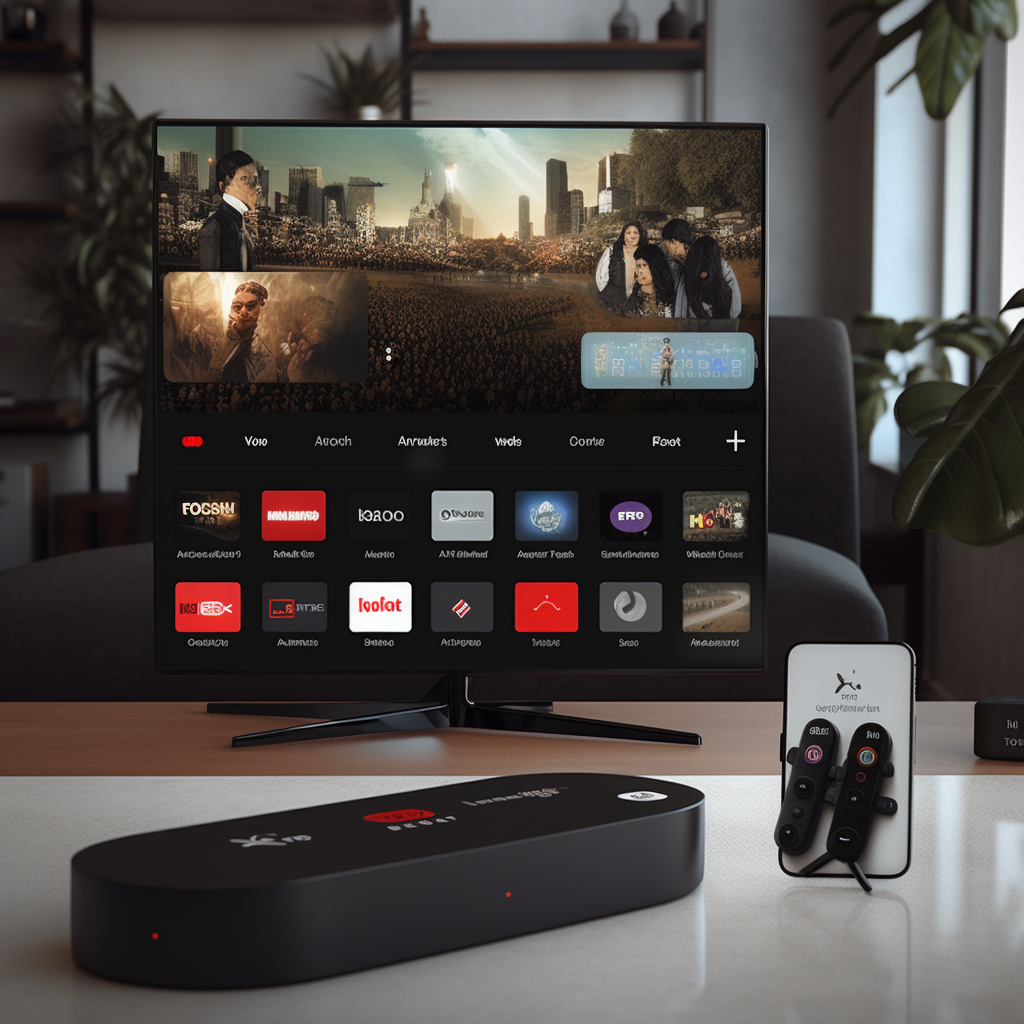The Ultimate Guide to Finding the Best IPTV Services in 2024
Introduction
Did you know that over 79% of traditional cable subscribers are considering switching to IPTV services in 2024, according to recent industry surveys? This seismic shift in viewing habits has created a booming market where distinguishing between premium providers and unreliable services has become increasingly challenging. If you’re tired of expensive cable packages and limited content options, discovering the best IPTV solution could transform your entertainment experience completely. With thousands of channels, on-demand content, and significantly lower costs, it’s no wonder that leading IPTV companies are revolutionizing how we consume media.
What Makes a Top-Tier IPTV Service
Finding a reliable IPTV service requires understanding several critical components that separate premium options from subpar alternatives:
- Stream stability and uptime (99.9% reliability from reputable providers)
- Content library breadth (5,000+ channels from global sources)
- Video resolution options (HD, Full HD, 4K compatibility)
- Device compatibility (Smart TVs, Android/iOS, Fire Stick, etc.)
- EPG (Electronic Program Guide) functionality
- Customer support responsiveness (24/7 in premium services)
- Pricing structures (subscription models and flexibility)
- Security features (encryption protocols and privacy protection)
When evaluating potential services, these elements serve as your checklist for identifying providers worthy of your consideration.

Timing: Understanding IPTV Service Reliability
The reliability of IPTV services varies significantly based on several factors:
| Service Type | Average Uptime | Buffer Frequency | Peak Performance Hours |
|---|---|---|---|
| Premium Tier | 99.5-99.9% | Minimal | Consistent all day |
| Mid-Range | 95-99% | Occasional | Best during off-peak |
| Budget | 85-95% | Frequent | Unpredictable |
Most high-quality IPTV services maintain impressive uptime statistics, with the industry average hovering around 97.5% according to 2024 performance data. This translates to approximately 10-11 hours of potential downtime monthly for average services, while premium providers reduce this to less than 3 hours.
Step-by-Step Selection Process
Step 1: Define Your Viewing Priorities
Begin by identifying what matters most to you: international channels, sports packages, movie libraries, or perhaps child-friendly content options. This foundation will narrow your search to providers specializing in your preferred content categories.
Step 2: Research Provider Reputation
Investigate potential services through independent review sites, Reddit communities like r/IPTV, and technical forums. Look for consistently positive feedback spanning at least 6-12 months to ensure stability and reliability.
Step 3: Verify Technical Compatibility
Before committing, confirm the service works with your existing devices. The most versatile providers offer dedicated apps for:
- Android TV/Fire TV
- iOS and Android mobile devices
- MAG boxes and formuler devices
- Windows and macOS computers
- Smart TVs (Samsung, LG, etc.)
Step 4: Test Before Committing Long-Term
Never immediately purchase an annual subscription. Start with a 24-48 hour trial or a monthly commitment to evaluate real-world performance during your typical viewing hours.
Performance Metrics Worth Considering
When evaluating the best IPTV services, consider these important performance indicators:
- Stream resolution quality: Consistent HD/4K delivery requires 25-50 Mbps internet
- Channel loading times: Premium services average 1-3 second load times
- EPG accuracy: Updated guides enhance usability significantly
- VPN compatibility: Essential for privacy and accessing geo-restricted content
- Multi-connection options: Most households benefit from 2-5 simultaneous streams
Understanding these metrics helps you assess whether a service will meet your technical requirements and viewing expectations.
Legitimate Alternatives to Consider
For those concerned about the legal gray areas of some IPTV offerings, consider these fully licensed alternatives:
- Pluto TV: 250+ free channels with ad support
- YouTube TV: Comprehensive but pricier option ($64.99/month)
- Sling TV: Budget-friendly with customizable packages
- FuboTV: Sports-focused with excellent streaming quality
- Philo: Affordable entertainment package ($25/month)
These services offer stability and legal protection, though with more limited content libraries compared to traditional IPTV offerings.
Common Mistakes to Avoid
Avoid these frequent pitfalls when selecting an IPTV service:
- Paying for lifetime subscriptions – These rarely last more than 6-12 months
- Ignoring server locations – Closer servers provide better performance
- Skipping VPN protection – Essential for privacy and avoiding ISP throttling
- Overlooking customer support quality – Critical when technical issues arise
- Choosing based solely on channel quantity – Quality and stability matter more
Approximately 65% of dissatisfied IPTV users cited one of these factors as their primary complaint, according to consumer surveys.
Optimizing Your IPTV Experience
Once you’ve selected a service, maximize performance with these expert tips:
- Use wired ethernet connections when possible (30-40% performance improvement)
- Consider dedicated IPTV devices like Formuler or Buzz TV boxes
- Implement a quality VPN service to prevent ISP throttling
- Schedule viewing of popular events (sports finals, premieres) during off-peak hours
- Regularly clear cache on streaming devices to maintain performance
These optimizations can dramatically improve your viewing experience, especially during high-demand periods.
Conclusion
Finding the best IPTV service requires careful consideration of multiple factors, from content offerings to technical reliability. By following the structured approach outlined in this guide, you can navigate the complex landscape of providers to discover a service aligned with your specific entertainment needs. Remember that the perfect balance between cost, performance, and content variety differs for each viewer – what works brilliantly for sports enthusiasts might disappoint movie lovers. Take advantage of trial periods to test services firsthand, and don’t hesitate to switch providers if your needs change over time.
FAQs
Is IPTV legal to use?
The legality depends on the specific service and content licensing. Fully licensed providers like YouTube TV are completely legal, while services rebroadcasting content without proper licensing operate in a legal gray area in many jurisdictions.
What internet speed do I need for buffer-free IPTV viewing?
For HD content, a minimum of 10-15 Mbps is recommended. For 4K streaming, at least 25 Mbps is necessary, with 50+ Mbps ideal for households with multiple simultaneous streams.
Why do some channels buffer more than others?
Popular channels, especially during live events, experience higher server loads. Sports channels during major events typically require 20-30% more bandwidth and server capacity.
Can I use IPTV while traveling internationally?
Yes, but you’ll likely need a VPN service to maintain access. Some providers also offer specialized plans for travelers with optimized international servers.
How often should I expect to change IPTV providers?
Based on industry data, the average lifespan of smaller IPTV providers is approximately 18 months before service quality degrades or they close operations. Established services with 3+ years of operation tend to offer greater longevity.

